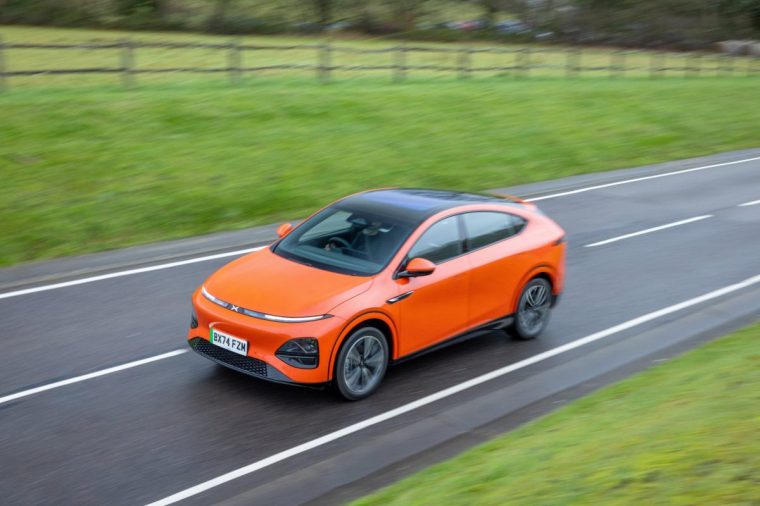UK Defence Firms Warn Staff About Chinese Electric Cars
British defence companies are advising their employees not to charge their mobile phones in Chinese-made electric vehicles due to concerns over potential espionage by Beijing. The cautious approach comes after revelations that the Ministry of Defence has banned Chinese technology-dependent cars from sensitive military sites.
Executives from major defence firms, including BAE Systems, Rolls Royce, and Raytheon, have confirmed that the entire sector is taking precautions against potential spying via Chinese electric vehicles (EVs). Staff are being warned not to connect their phones via Bluetooth or charging cables to their Chinese-made cars, not to park in production plant car parks, and to avoid discussing their work while in the vehicles.

The security concerns arise as British drivers increasingly turn to Chinese EV brands like BYD due to their affordability and longer range. Some defence firm executives have expressed concerns that Chinese-built cars could download sensitive data from employees’ phones, including text messages, voicemails, and work documents.

A spokesman for Lockheed Martin emphasized the company’s commitment to safety and security, stating that they have a “robust, ongoing process to reduce and mitigate risk.” Experts believe that defence contractors are taking a measured approach given their high value as espionage targets.
While Chinese EV manufacturers like XPENG claim to comply with UK and EU privacy laws, concerns persist due to China’s National Intelligence Law, which requires companies to cooperate with state intelligence work upon request. However, some cybersecurity experts argue that China is unlikely to risk its growing car export success by engaging in international spying.
The UK Government has been working on new international regulations to address potential threats in vehicle construction and monitor emerging cyber threats. As the UK market sees an influx of affordable Chinese EVs, concerns about data privacy and national security continue to grow.



